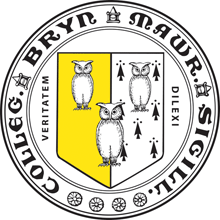
Help an Agent Out: Learning From the Environment and Humans
Matthew E. Taylor, Lafayette College
Thursday, November 17th, 2011 from 4:00-5:00pm
Park 243 (Physics Lecture Hall), Bryn Mawr College
Abstract
---------------------------
Significant advances have been made in autonomous learning, from game playing to training a robot to walk to autonomous helicopter flight. However, we have little understanding about how to best teach such agents. This talk will first present background on reinforcement learning, a paradigm where virtual and robotic agents can autonomously learn to act in complex environments. We will then discuss a selection of recent work towards integrating autonomous learning with advice from other agents or even humans.
Speaker Biography
---------------------------
Matthew E. Taylor graduated magna cum laude with a double major in computer science and physics from Amherst College in 2001. After working for two years as a software developer, he began his Ph.D. with a MCD fellowship from the College of Natural Sciences. He received his doctorate from the Department of Computer Sciences at the University of Texas at Austin in the summer of 2008, supervised by Peter Stone. Matt recently completed a two year postdoctoral research position at the University of Southern California with Milind Tambe and is now an assistant professor at Lafayette College in the computer science department. His current research interests include intelligent agents, multi-agent systems, reinforcement learning, and transfer learning.




